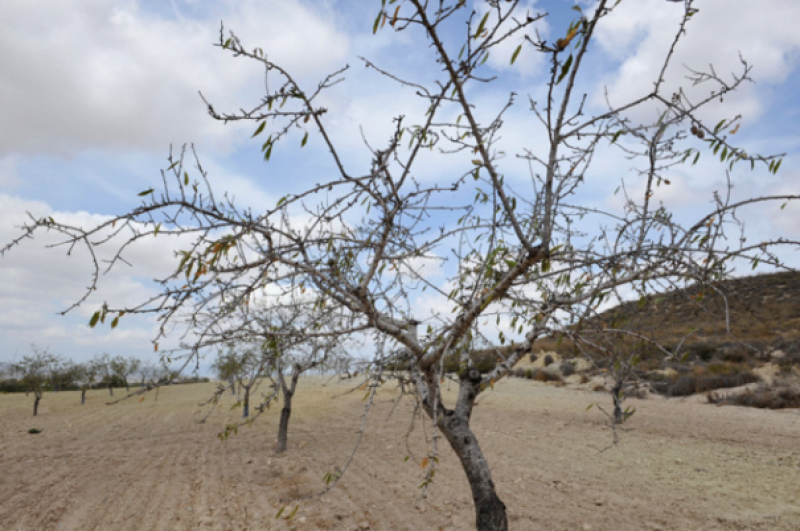article_detail
Date Published: 23/02/2022
ARCHIVED - Spanish reservoir crisis: water restrictions are inevitable if the drought continues
Water reserves in Spain have dropped to just 44% of their maximum capacity

The beginning of 2022 has afforded Spain the dubious honour of facing the driest start to the year since 2000, with the country’s reservoirs depleted to just 44.3% on average, a worrying 20 points lower than this time last year. Even with the arrival of a DANA storm on February 24, the predicted rainfall in the coming weeks will be nowhere near enough to replenish the reserves, making an emergency drought situation, and the ensuing water restrictions, a distinct possibility.
The situation varies widely across communities: the north of Spain has received practically all of the rain since the start of the year, and so the water basins in the Basque Country are at almost 100% capacity. On the other hand, as we move south the picture becomes far more bleak, with Guadalquivir’s water supply at a mere 28.47% - that’s 13% lower than last year and almost 35% lower than the average of the last decade. Elsewhere, in the Region of Murcia, the Segura Basin reservoirs have dropped to just 33.8% of their capacity following the sixth driest month of the 21st century.
According to Rubén del Campo, spokesperson for Aemet, the “first two months of 2022 are among the three driest beginnings of the year since the 60s,” and the current forecasts show that rainfall will be well below normal during March and April. If these predictions come to fruition and the dry spell continues through the usually rainy fourth month, “we will enter a new phase of the drought in which there could be restrictions.”
In this case, meteorologist José Miguel Vinas foresees initial restrictions on irrigation and, if the drought persists, the consumption of water by citizens will be limited. However, this would most likely not affect the entire country, but rather the hardest-hit southern parts of Spain.
There can be little doubt that the weather across the globe is becoming more extreme, and drought situations, along with intense storms such as Filomena in 2021, are occurring more frequently. Incredibly though, despite the devastation caused, “January 2021, although it was somewhat wetter than normal, there have been Januaries with more rainfall.”
Also of interest: Spain prepares climate shelters to protect against heatwaves
Image: Archive
Loading
Sign up for the Spanish News Today Editors Roundup Weekly Bulletin and get an email with all the week’s news straight to your inbox
Special offer: Subscribe now for 25% off (36.95 euros for 48 Bulletins)
OR
you can sign up to our FREE weekly roundup!
Read some of our recent bulletins:
Discount Special Offer subscription:
36.95€ for 48 Editor’s Weekly News Roundup bulletins!
Please CLICK THE BUTTON to subscribe.
(List price 3 months 12 Bulletins)
Read more stories from around Spain:
Contact Spanish News Today: Editorial 966 260 896 /
Office 968 018 268




























